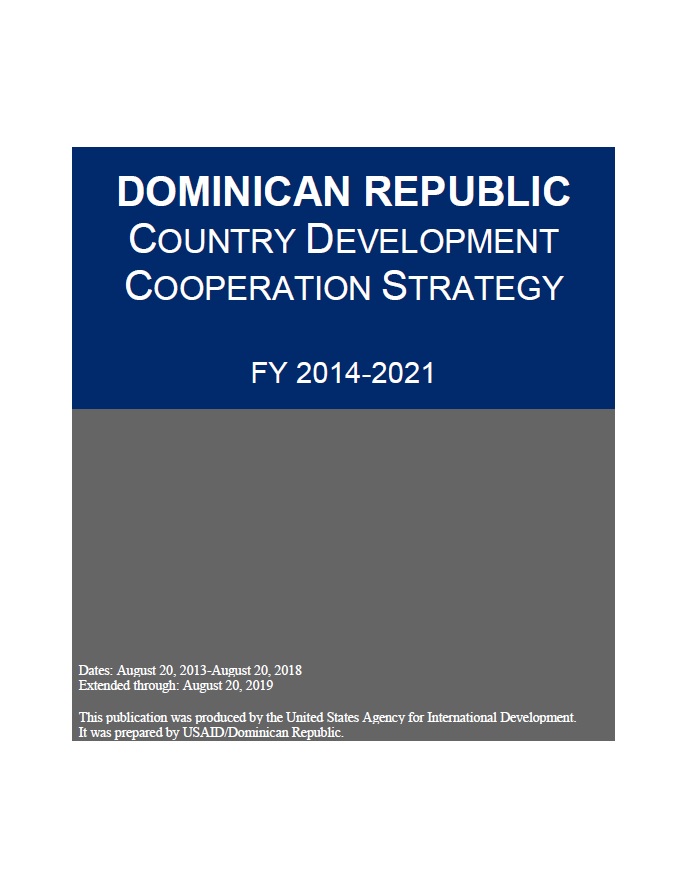Speeches Shim
Throughout the consultation process that guided the development of this strategy, citizen security was identified by the Dominicans as a significant challenge to economic growth and development.
In preparing this Country Development Cooperation Strategy (CDCS), the Mission held more than 40 meetings with stakeholders from the Government of the Dominican Republic (GODR), civil society, implementing partners, the private sector, bilateral and multilateral donors, Dominican private sector foundations, church leaders, and United States Government (USG) partners. The Mission made a special effort to talk directly with beneficiaries. We met with beneficiaries in hospitals, HIV/AIDS treatment centers, bateyes (poor, rural communities inhabited primarily by Haitian sugar cane plantation workers), with community leaders and youth in urban slums, and with clients of community justice houses. The Mission proactively reached out to vulnerable groups, in particular people with disabilities, the Lesbian, Gay, Bisexual and Transgender (LGBT) community, women, and youth at risk, so we could hear from them, first hand, their needs and priorities.
Problem Statement
Throughout the consultation process that guided the development of this strategy, citizen security was identified by the Dominicans as a significant challenge to economic growth and development. Citizen security has myriad characterizations, but this strategy applies the definition promulgated at the 2012 Summit of the Americas of ‘a democratic civic order that removes the threats posed by violence in the population and enables secure and peaceful coexistence. It concerns, in essence, the effective safeguarding of a broad range of human rights … including, among others, the right to personal safety, freedom of movement, and the enjoyment of heritage ….’ In addition to advancing social freedoms and well-being, increasing citizen security by reducing crime has a positive effect on investment and therefore sustains and promotes economic growth. A 2005 United Nations Development Program (UNDP) study found that 63 percent of firms in the Dominican Republic cited crime as a major obstacle to investment. A 2007 UNDP study concluded that crime leads to reduced economic growth. The study noted that crime and the perception of crime can contribute to public sector funds being diverted from productive investments to crime prevention measures and divert private funds from investment in business expansion to security improvements to protect existing investments (security guards, alarm systems). The study concluded that economic growth would have increased in the Dominican Republic by 1.8 percent if the GODR had been able to bring its homicide rate down to the level of Costa Rica. Therefore, increasing citizen security by reducing crime can also contribute to promoting economic growth.
Goal: The Dominican Republic Improves Citizen Security to Promote Economic Growth
Based on extensive consultations with Dominican colleagues, other donors, and implementing partners, USAID/Dominican Republic adopted as its overarching goal to work with Dominicans to improve citizen security in order to promote economic growth.
Extended through: January 18, 2021



Comment
Make a general inquiry or suggest an improvement.